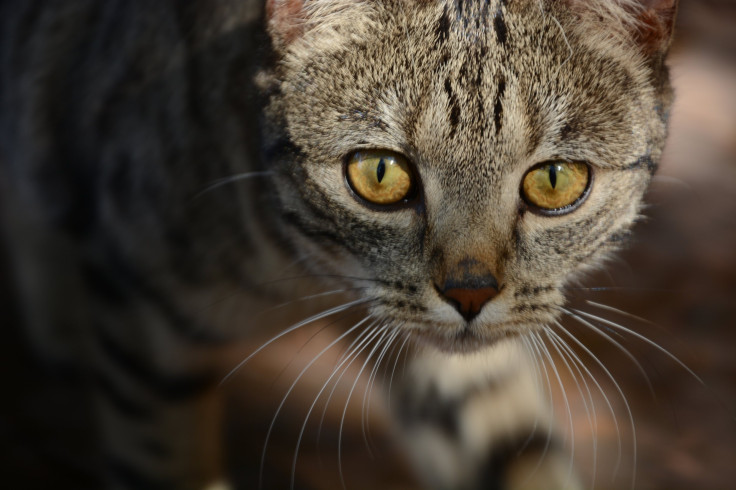
Every year, Peruvians descending from African slaves congregate to celebrate the black saint Santa Efigenia--who was popular amongst African slaves in the then-Spanish colony. The celebration takes place with fireworks, dancing, singing Afro-Peruvian songs, cat races, drinking and eating. Young girls dress up in bright dresses and dance in groups to the beat of a donkey jawbone hitting a wooden box, while young boys stand next to the statue of Santa Efigenia and cite verses about the arrival of slaves from Angola, Mozambique and Timbuktu.
But there is one tradition that defines the annual religious festival and it's one that feline lovers may not be able to fathom: the barbecue and consumption of cat meat. At the festival, food stalls set up for, what translates in English to, "The Gastronomic Festival of the Cat," where cats are served up in traditional Peruvian dishes.
This year, the festival may see a change in menu, as Peruvian congressman Juan Urquiza is joining animal rights activists to stop the cat-eating festival. According to activistis, there will be at least 100 cats, if not more, that will be consumed at this year's Santa Efigenia festival in La Quebrada, Peru. Urquiza has reportedly written to the district mayor of La Quebrada and the health minister of Peru to call for a ban of the festival citing the domestic animal protection law.
Additionally, activists are stressing that consuming felines are dangerous to human health and in turn, is a public health danger. While Health Minister Midori de Habich has agreed that the practice needs to be stopped, she has taken no steps to implement that view. The residents of La Quebrada; however, are arguing that their tradition needs to be protected and that the cats consumed are bred specifically (and safely) for consumption.
Exactly how dangerous is cat meat? While the idea is hard to swallow (pun intended), experts agree that it is not dangerous to consume so long as the animal is not carrying any disease. Those who have consumed feline flesh draw taste and texture comparisons to rabbit meat. Culturally speaking, many Peruvians believe consuming cat flesh serves as an aphrodisiac. While consuming a domesticated animal such as the cat is considered to be a social taboo in many parts of the Western World, certain areas in Asia (such as China and Vietnam) and South America find it perfectly acceptable to consume felines.
© 2025 Latin Times. All rights reserved. Do not reproduce without permission.





